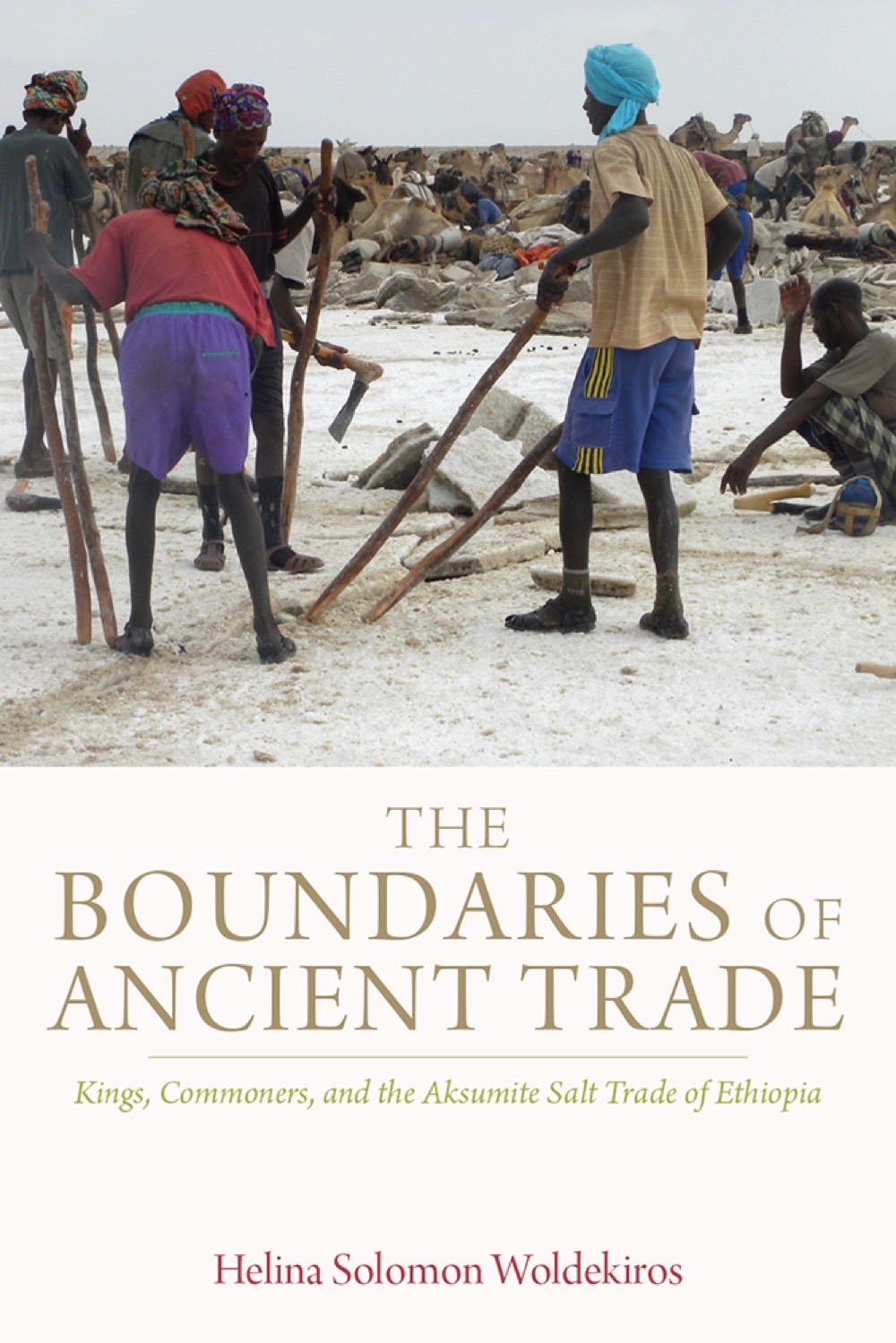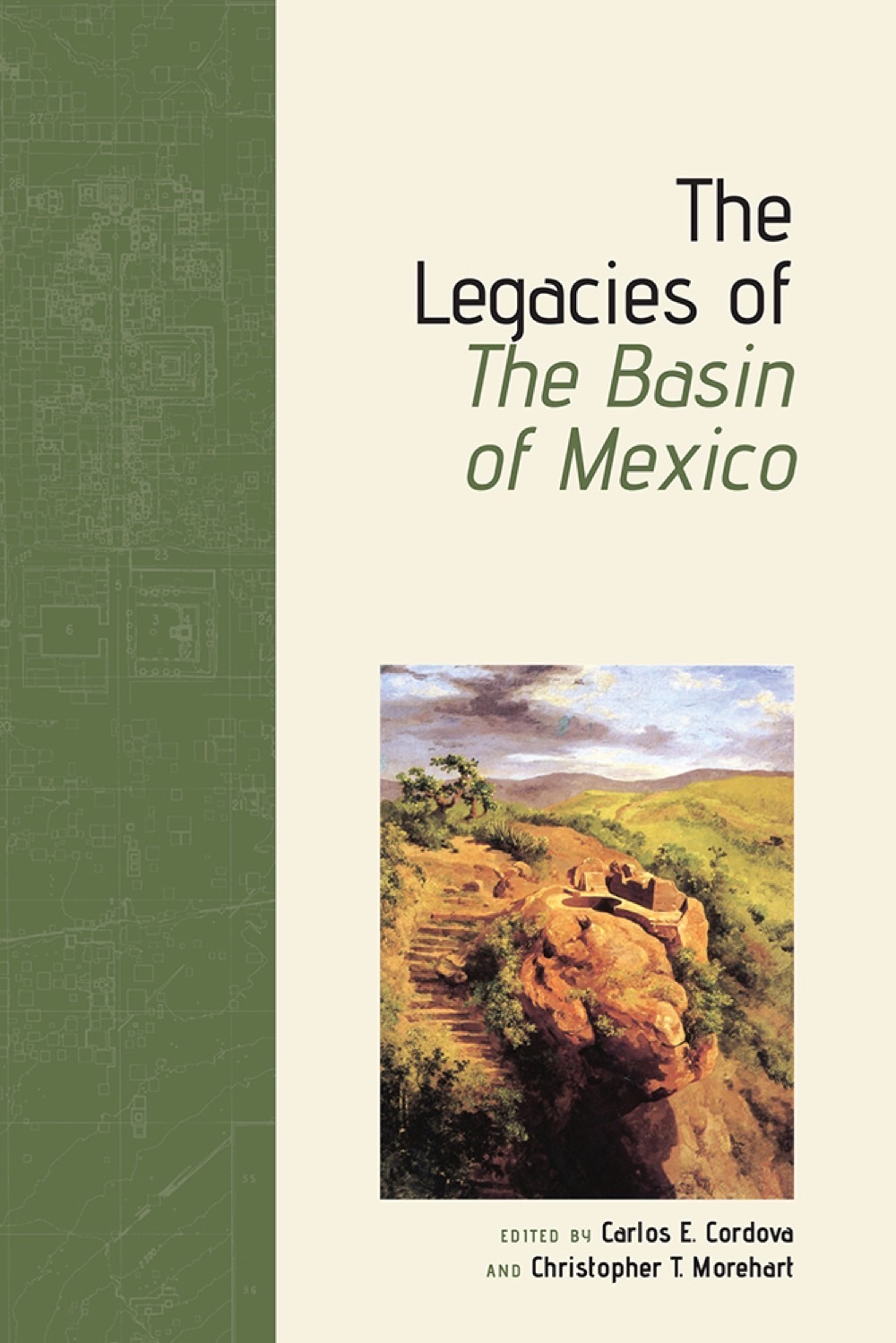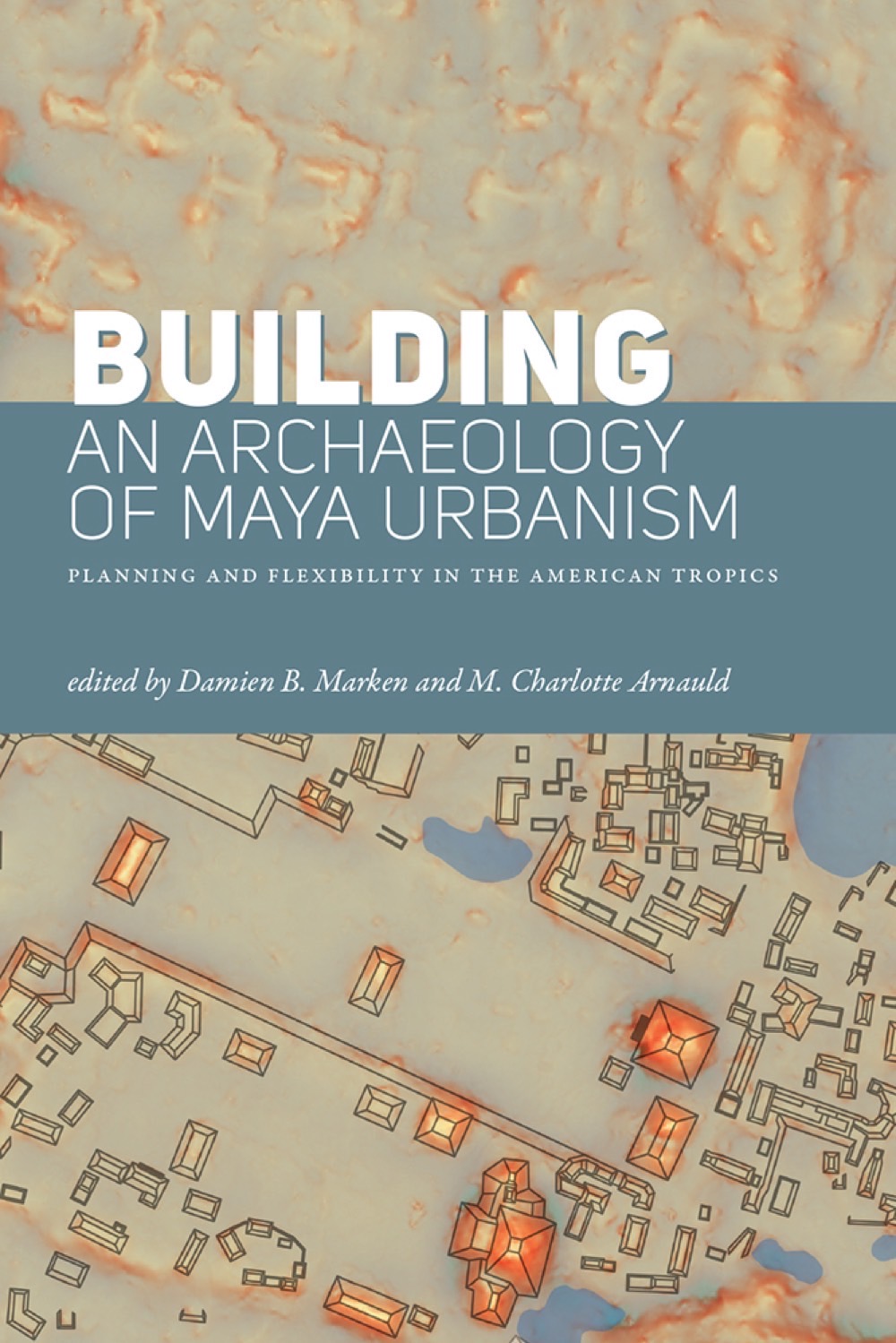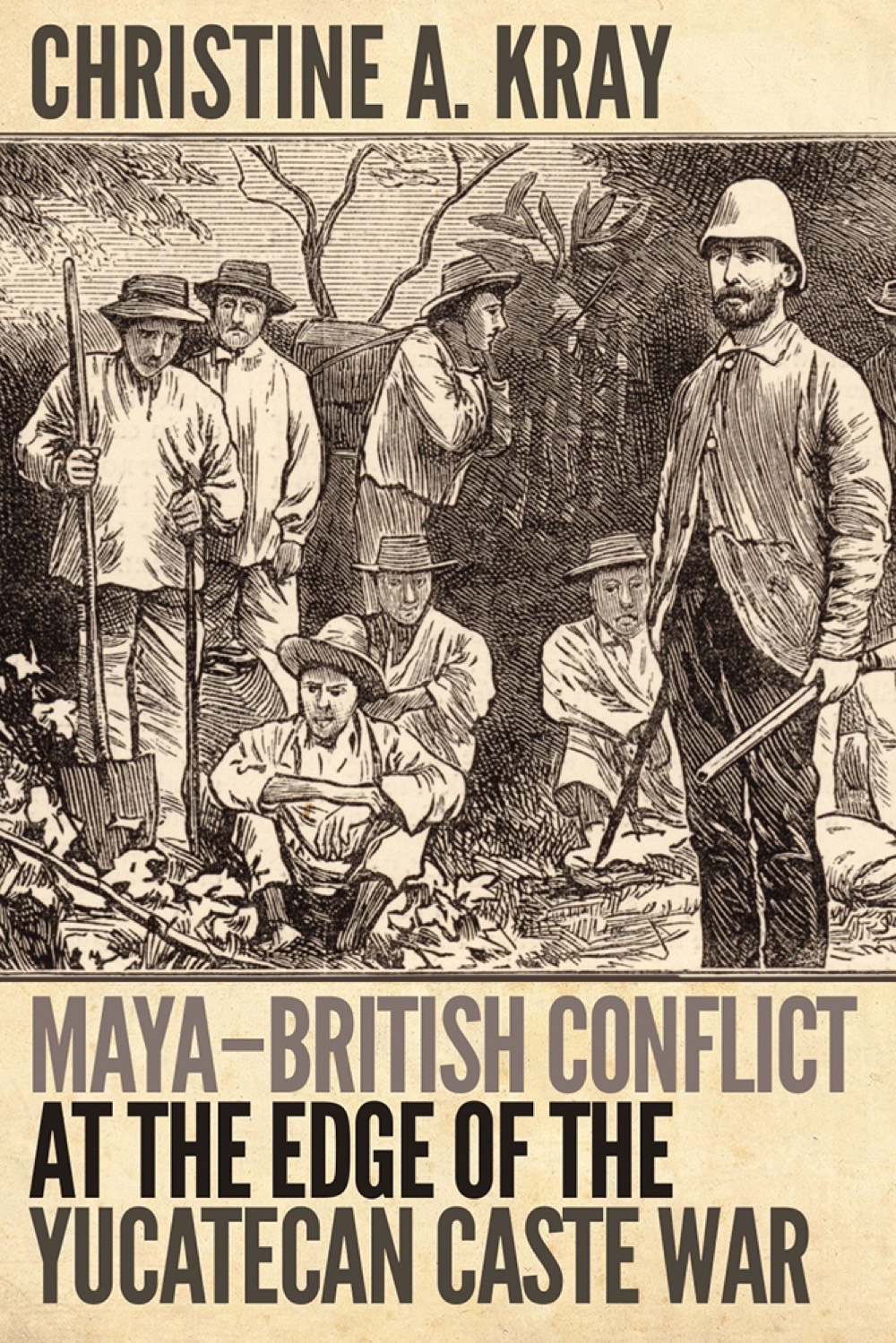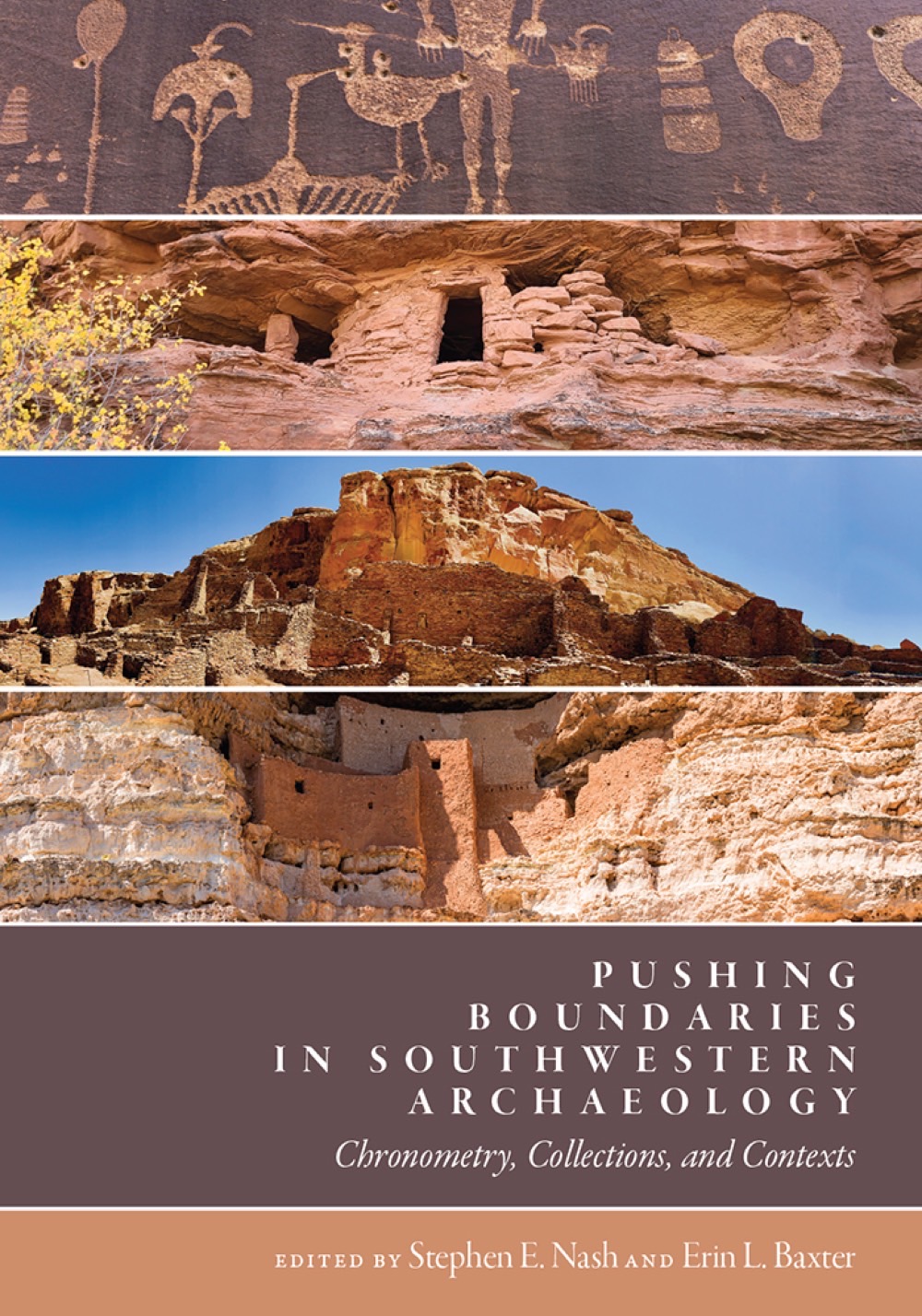2025 Society of Africanist Archaeologists Book Award Finalist
“Providing immensely important new information, including two previously unreported ancient settlements along this route, Woldekiros's excellent book is critical reading for all.”
—Willeke Wendrich, Cotsen Institute of Archaeology at the University of California, Los Angeles
"Deeply important in contributing new knowledge of a long standing commodity trade network with wide relevance for archaeologists’ understanding of ancient politics, economics, and trade."
—Journal of Anthropological Research
"This highly recommended book will appeal to a wider audience interested in ancient states, trade communities and modern ethnoarchaeology. Woldekiros also uncovers fascinating insights into the life and experience of the hardy caravaners who still travel the same routes as their distant ancestors."
—Antiquity
“Useful and stimulating. . . . not only for anthropologists and archaeologists but also for those who are interested in this part of the world, in its history, cultures, and complexity.”
—Anthropos
Drawing on rich ethnographic data as well as archaeological evidence, The Boundaries of Ancient Trade challenges long-standing conceptions of highly centralized sociopolitical and economic organization and trade along the Afar salt trail—one of the last economically significant caravan-basedtrade routes in the world.
For thousands of years, farmers in the Tigray, Amhara, and Afar regions of Ethiopia and Eritrea have run caravans of nearly 250,000 people and pack animals annually along an eighty-mile route through both cold, high-altitude farmlands and some of the hottest volcanic desert terrain on earth. In her fieldwork, archaeologist Helina Solomon Woldekiros followed the route with her own donkey and camel caravan, observing and interviewing over 150 Arho (caravaners), salt miners, salt cutters, warehouse owners, brokers, shop owners, and salt village residents to model the political economy of the ancient Aksumite state. The first integrated ethnoarchaeological and archaeological research on this legendary route, this volume provides evidence that informal economies and local participation have played a critical role in regional trade and, ultimately, in maintaining the considerable power of the Aksumite state. Woldekiros also contributes new insights into the logistics of pack animal–based trade and variability in the central and regional organization of global ancient trade.
Using a culturally informed framework for understanding the organization of the ancient salt route and its role in linking the Aksumite state to rural highland agricultural and lowland mobile pastoralist populations, The Boundaries of Ancient Trade makes a key contribution to theoretical discussions of hierarchy and more diffuse power structures in ancient states. This work generates new interest in the region as an area of global relevance in archaeological and anthropological debates on landscape, social interaction, and practice theories.


